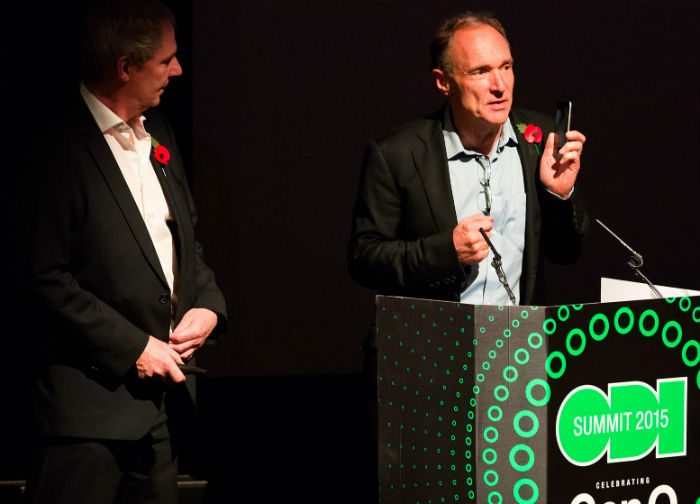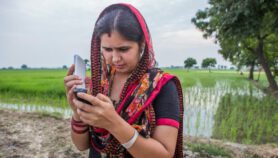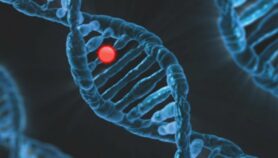By: Nicola Pearson
Send to a friend
The details you provide on this page will not be used to send unsolicited email, and will not be sold to a 3rd party. See privacy policy.
[LONDON] Open data is entering a phase of consolidation and creation of services and policies for development, meaning it is increasingly being put to use to help people, a UK conference has heard.
Conference participants agreed that open data is becoming more useful to policymakers after an initial stage of creating capacity and raising awareness. “Now it’s time to turn that information into services that can actually take hold,” said Liz Carolan, the head of the ODI’s global development work. “For example, we’re working with local partners in Burkina Faso to publish election results in real time during the upcoming election. Data is not the headline here, the headline is its impact on people’s lives.”
Speakers at the Open Data Institute’s annual summit said that open data could do much more for development if it were applied better to policy and growth initiatives.
At present, only 17 national and local governments have signed up to the International Open Data Charter, a set of principles launched this year and meant to encourage governments to open their data by default.
Having more open data is imperative to the success of the Sustainable Development Goals (SDGs), launched in September, as it is crucial to monitoring national progress on them, according to the UN.
“Data helps us to innovate and to navigate towards better decisions,” said Nigel Shadbolt, a computer scientist at the University of Oxford, United Kingdom, and cofounder of the ODI. “Open data sits at the bottom of the pyramid and everything else feeds off it. It has to be in a standard format, readable and, above all, free.”
Catherine Woteki, chief scientist in the United States Department of Agriculture, echoed these sentiments. She said that in agriculture and nutrition, for example, open data is not an end in itself, but needs to be turned into initiatives to improve people’s health and meet the SDG of eliminating hunger.“Increasing the availability of research data is vital to achieving sustainable agriculture, for example reducing the time it takes plant breeders to introduce adaptive local crops resilient to climate change,” she said. “We continue to advocate that countries adopt open data policies to make data sets available, but the challenge is to identify the gaps and the obstacles and to analyse the data.”
At the event, which took place on 3 November, Tim Berners-Lee, the inventor of the World Wide Web and the ODI’s other founder, told SciDev.Net that access to open data is just as important to countries as tackling limited connectivity, as illustrated by SciDev.Net’s interactive feature on the ‘digital divide’.
Berners-Lee (pictured above) said that ensuring developing counties have enough connectivity evens the playing field between rich and poor nations because, at some point, the near-limitless connectivity enjoyed by rich countries ceases to add value.
“Access to enough connectivity is where we need to get every country to generate equality,” he said.














